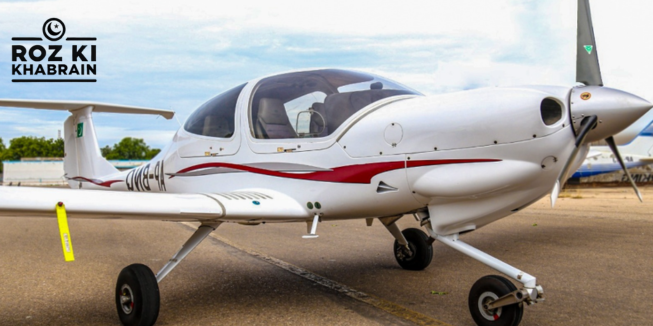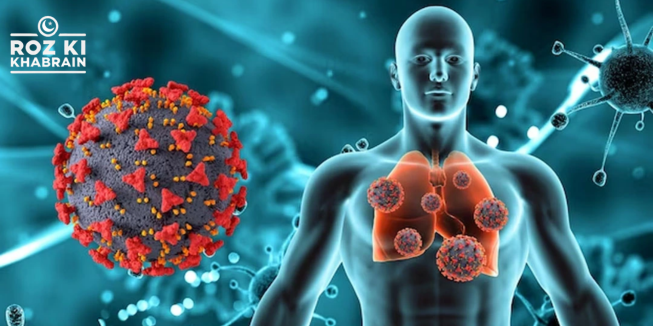Pharmaceutical companies are set to raise the prices of at least 250 branded medications starting January 1, 2025, including treatments such as Pfizer’s COVID-19 drug Paxlovid, Bristol Myers Squibb’s cancer therapies, and vaccines from Sanofi, according to data analyzed by healthcare research firm 3 Axis Advisors.
Most price hikes are below 10%, with the median increase being 4.5%, consistent with the median increase from the previous year. These hikes affect list prices, which do not account for rebates or discounts offered to pharmacy benefit managers.
While larger price increases used to be more common in the U.S., drugmakers have reduced such hikes in recent years due to backlash. According to 3 Axis President Antonio Ciaccia, drugmakers now have limited options for raising prices, making higher launch prices the main strategy in light of stricter penalties for annual price hikes.
In 2023, new U.S. drugs were launched at an average price 35% higher than the previous year. The new price hikes for over 250 drugs represent a significant increase from December 29 last year, when companies announced plans to raise prices for more than 140 medications.
Some companies, however, are reducing prices. For instance, Merck & Co plans to lower the list price of its diabetes drugs Januvia and Janumet to better reflect the net price.
The U.S. continues to pay the highest prices for prescription drugs compared to other countries, and with President Donald Trump pledging to lower drug costs by addressing middlemen in the U.S. healthcare system, further price hikes are expected to be announced in January, historically the month when most price increases occur.
Among the companies raising prices, Pfizer will increase the prices of over 60 drugs, including a 3% hike for Paxlovid and 3% to 5% increases for treatments like Nurtec and cancer drugs Adcetris, Ibrance, and Xeljanz. A Pfizer spokesperson explained that the price adjustments are below the rate of inflation, averaging 2.4%, and are necessary to support drug development and offset costs.
Bristol Myers Squibb has raised the prices of its costly cancer cell therapies, Abecma and Breyanzi, by 6% and 9%, respectively, with the latter treatment priced near half a million dollars. A company spokesperson emphasized their commitment to patient access, noting that Breyanzi’s pricing reflects its transformative, individualized treatment.
Sanofi raised prices on about a dozen of its vaccines by between 2.9% and 9%.
The most significant price increases were seen from Leadiant Pharmaceuticals, a unit of Italy’s Essetifin, which raised prices by 15% on its Hodgkin’s disease treatment Matulane and by about 20% on Cystaran, eye drops for a rare condition called cystinosis.
Representatives from Leadiant and Sanofi have not responded to requests for comment.




